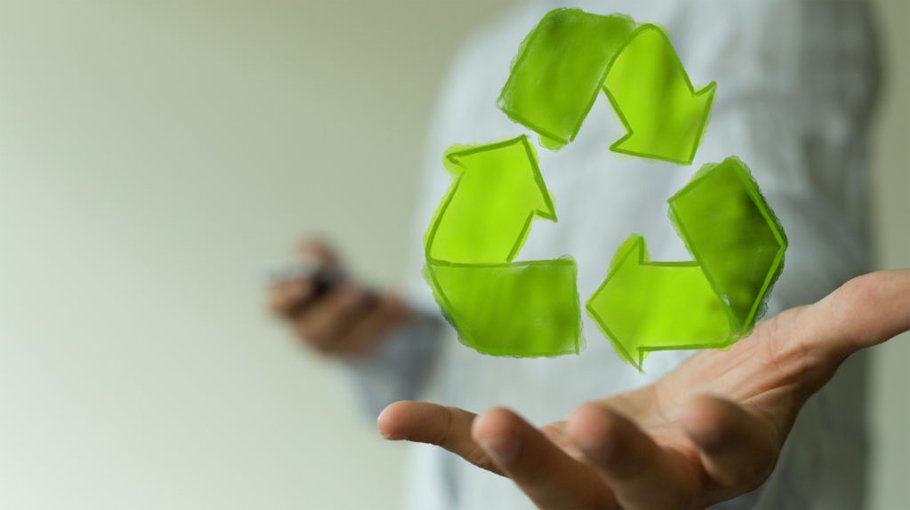EU’s drive for repairing and reusing products

Most of us — and by that I mean people who live in the UK and the European Union — actually wear only 15 per cent of the clothes we possess.
We have far more clothes hanging up in our wardrobe or stuffed into drawers that we never use. At this point, I’m tempted to tell my wife that most of the clothes in her extensive wardrobe never see the light of day, but I think I’ll stay quiet for the moment until I hear her say those inevitable words: “But I have nothing to wear”.
The reality is that much of our excess clothes end up being donated to charity shops for recycling. And according to the organisation that represents British charity organisations and their retail outlets says that 75 per cent of the clothing donated by people who actually bother to clean out their wardrobes — to make room for more clothes in every likelihood — end up being sold on to used-clothing wholesalers, who ship containers of the rags out to sub-Saharan Africa or Latin America.
While it’s a cheap and plentiful source of clothing in those nations, much of it too ends up simply being dumped. And at a time when we all need to be much more conscious of our carbon footprints and take personal responsibility to make the future of the planet we all share both cleaner and green, such a waste is shameful. And yes, I and everyone else with too many clothes are to blame.
Think, if you will, of the carbons burnt making fabrics, bringing it to market, shipping, transport, and the carbon footprint of all those shopping trips, and you can easily see why our habits are wasteful.
This is not some sudden transformation on my part, more of a realisation brought about by thinking about the consequences of a new law that has recently been introduced in France that will very probably be replicated across the rest of the European Union in time.
A throwaway society
French authorities have set aside the not insignificant sum of EURO 150 million to be claimed by consumers to help with the cost of repairing shoes or clothes — giving them a longer life and to try and thwart our yearn to shop for even more clothes.
Across the EU as a whole, single-use plastics
are a thing of the past. Various EU jurisdictions
have introduced deposit charges on glass
containers, bottles and jars, meaning that
consumers have a monetary incentive to
do their bit for the environment
Growing up, cobblers and repair shops were commonplace — for those living outside of Europe, such repair shops are available pretty handily — not so now in the EU.
We have become a throwaway society, and that applies not only to clothes but to consumer goods and electronics.Heading back to school each September, I had a new pair of shoes. And that had to last for the whole year. And if there was a hole, the shoes were repaired, or had a little piece of metal tapped in place if the heels wore down too quickly.
Now it seems as if we give children the newest and latest brands of sneakers at any available opportunity. And if we want to get serious about the environment, then we need to get serious about changing our throwaway mindset.
France is also leading the way when it comes to putting such thinking into law.
Since the spring, if you buy any consumer product, there must be options available from the manufacturer to have it repaired. And they also have to be able to take it back at the end of its lifespan. Shops that sell food products, for example, are also required to see reusable containers.
Across the EU as a whole, single-use plastics are a thing of the past. Various EU jurisdictions have introduced deposit charges on glass containers, bottles and jars, meaning that consumers have a monetary incentive to do their bit for the environment.
This shift in thinking is already reaching the high streets of the UK, for example. Almost every town holds regular “repair cafés” where people are encouraged to bring their goods that need fixing and leave them with the handymen — mostly retired folk who like messing around with electronics and old things. Tinkerers, they were called when I was a child. When the goods are fixed a few weeks later, you make a donation to a specific charity and off you go.
If there’s a lesson here, it’s what old is new again, or what went out of fashion has come back in.
Mick O'Reilly is Foreign Correspondent at Gulf News. Source: Gulf News



